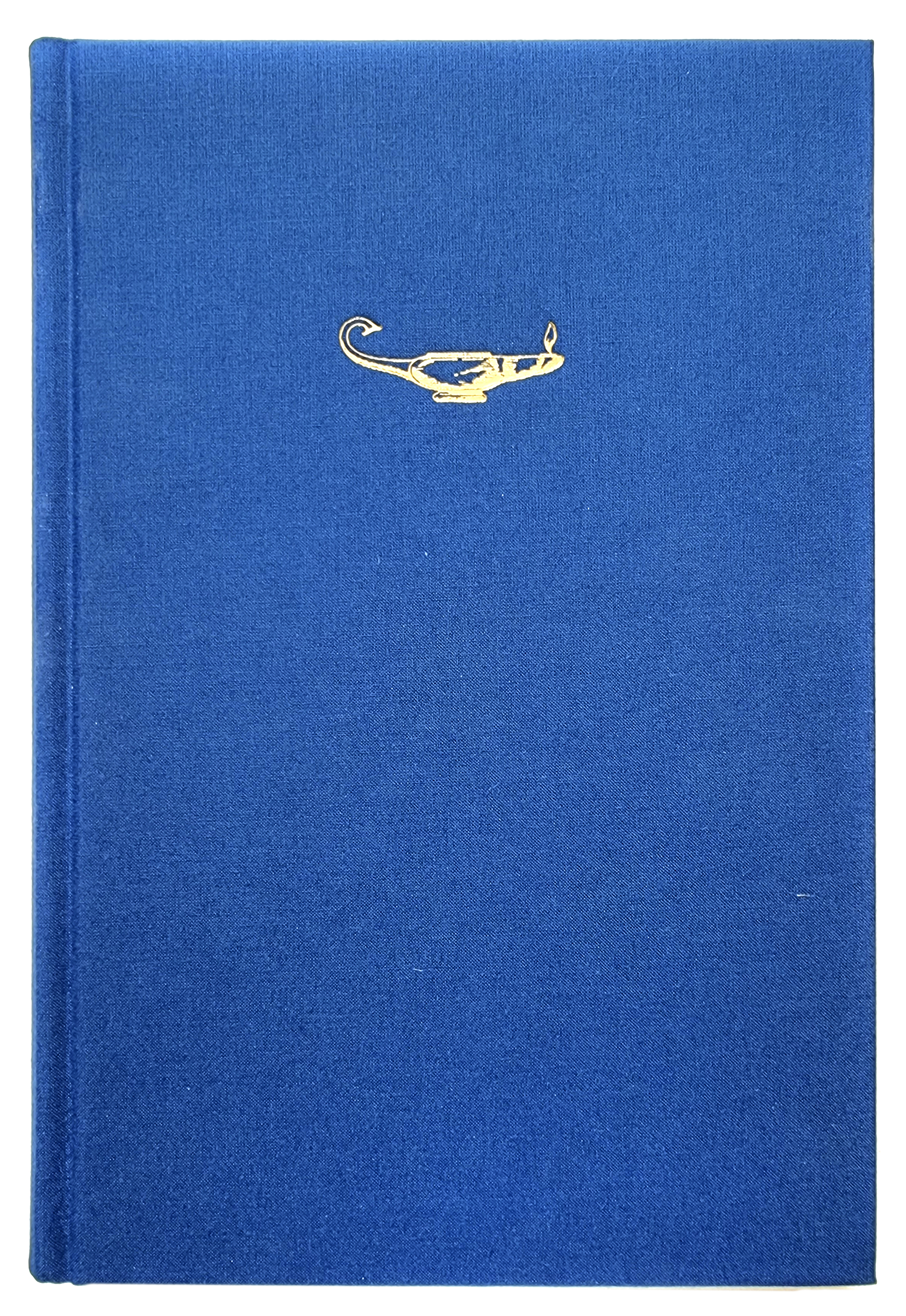Filosofin som demokratins tjänarinna
Arne Næss förslag till reform av examen philosophicum ur ett kultursociologiskt perspektiv
Nyckelord:
A. H. Winsnes, Arne Næss, Cultural trauma, Examen philosophicum, Jørgen JørgensenAbstract
The article examines how, in the early years of the post-war period, the Norwegian philosopher Arne Næss (1912–2009) set about to reform the so-called Examen Philosophicum degree at the University of Oslo, based on the experiences he and his circle of students underwent during World War II and under the Nazi German occupation of Norway from 1940 to 1945. (Examen Philosophicum is a preparatory degree that all Norwegian university students still today have to complete before going on to further study in their subject). Næss’s hope was that thanks to his reform, future students would be less likely to fall prey to authoritarian and anti-democratic teachings. The argument is developed that Næss’s reform proposals were, for him, a way to process the cultural trauma of the war and occupation for Norwegian society. They, and Næss’s educational ideas more broadly, are contrasted with the ideas of the Christian and conservative thinkers in the so-called Annen front (Second Front) group who looked to the heritage of the Western antiquity and Christianity as the means for dealing with the trauma of the war and the occupation. In conclusion, some parallels are drawn to how, at around the same time, the Danish philosopher Jørgen Jørgensen (1894–1969) approached the problem in post-occupation Denmark, engaging prominently in the country’s so-called Democracy Debate of 1945–1946. The article takes its theoretical point of departure in Jeffrey Alexander’s work on cultural trauma.
Downloads
Publicerad
Nummer
Sektion
Licens
This work is licensed under a Creative Commons Attribution 4.0 International License. The copyright for the work published in Lychnos remains with the authors.


